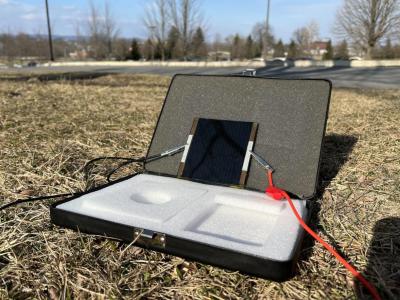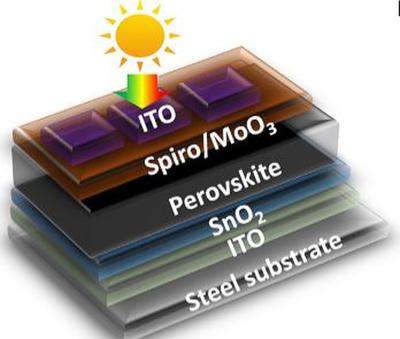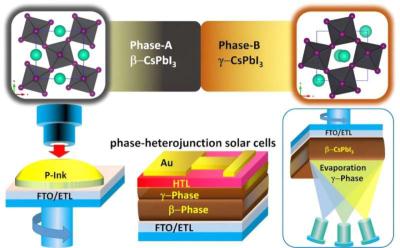UNSW early career researchers awarded ARC funding, including two perovskite projects
UNSW Sydney has received more than AUD$6 million (around USD$3,850,000) in the Australian Research Council (ARC) Discovery Early Career Research Awards (DECRA) round for 2024. Among the recipients are two perovskite-oriented projects.
The Australian Research Council (ARC) is supporting 200 new early career research projects with more than $86 million in funding for this 2024 round. Fourteen of the 200 projects have been awarded to early career researchers at UNSW.





